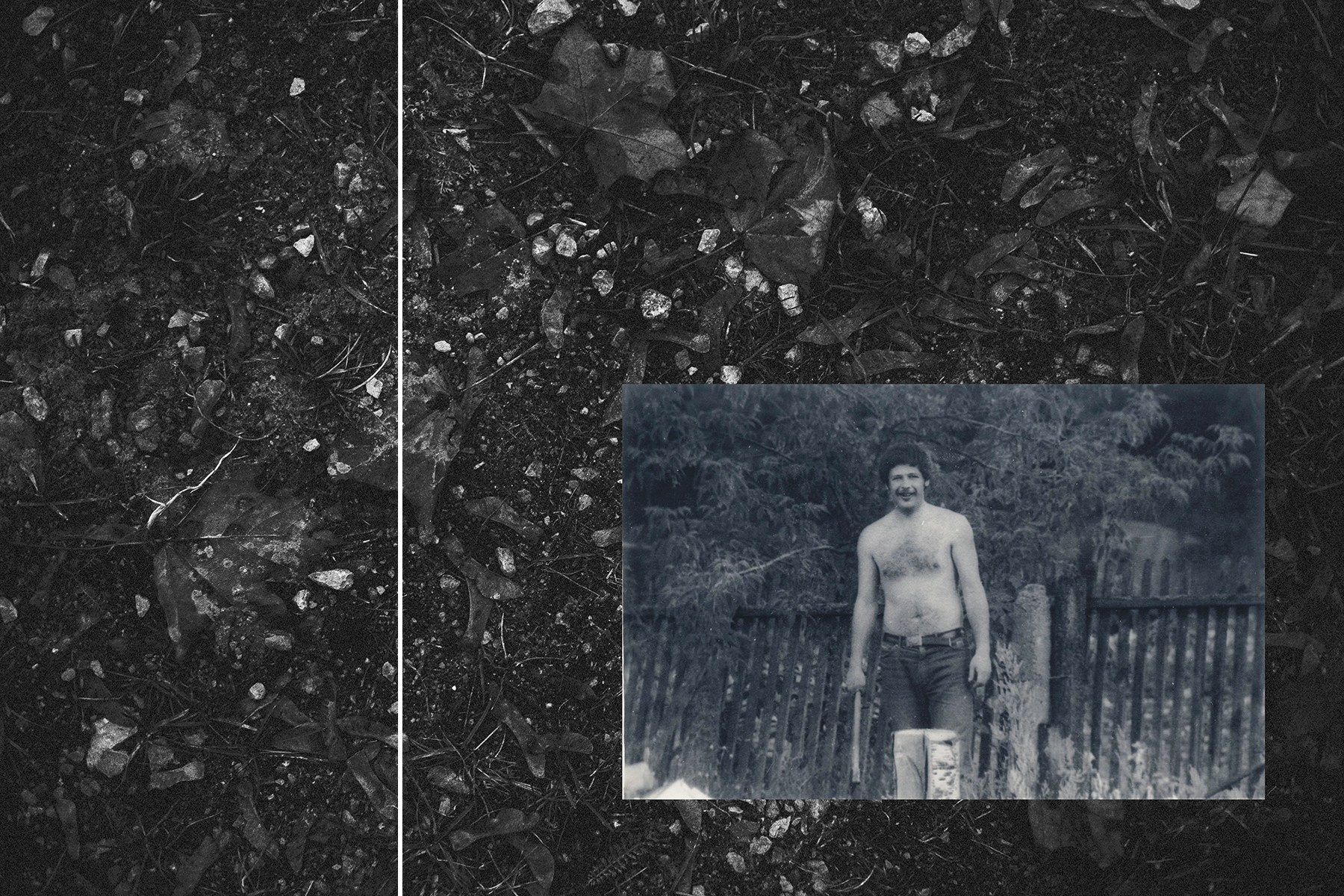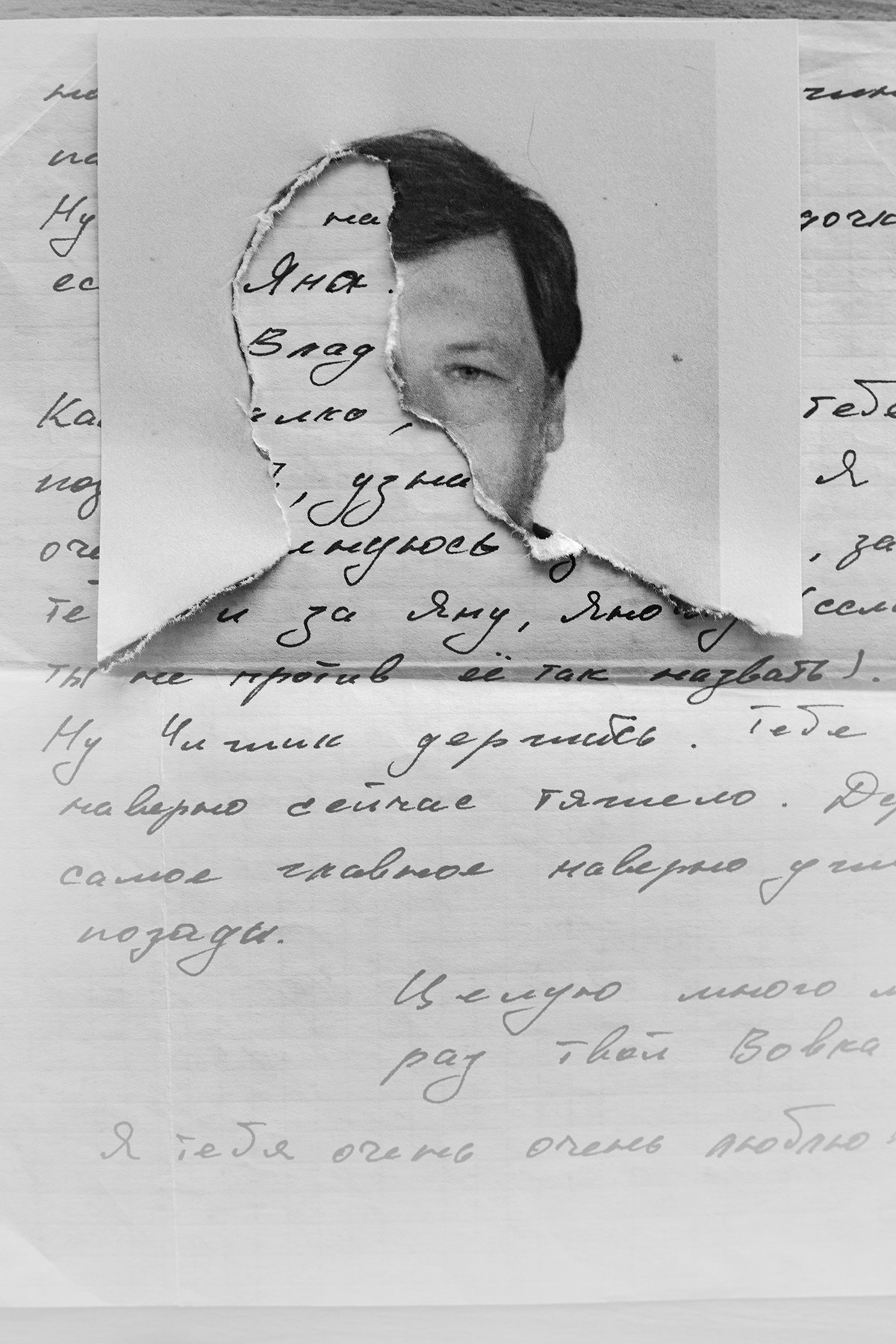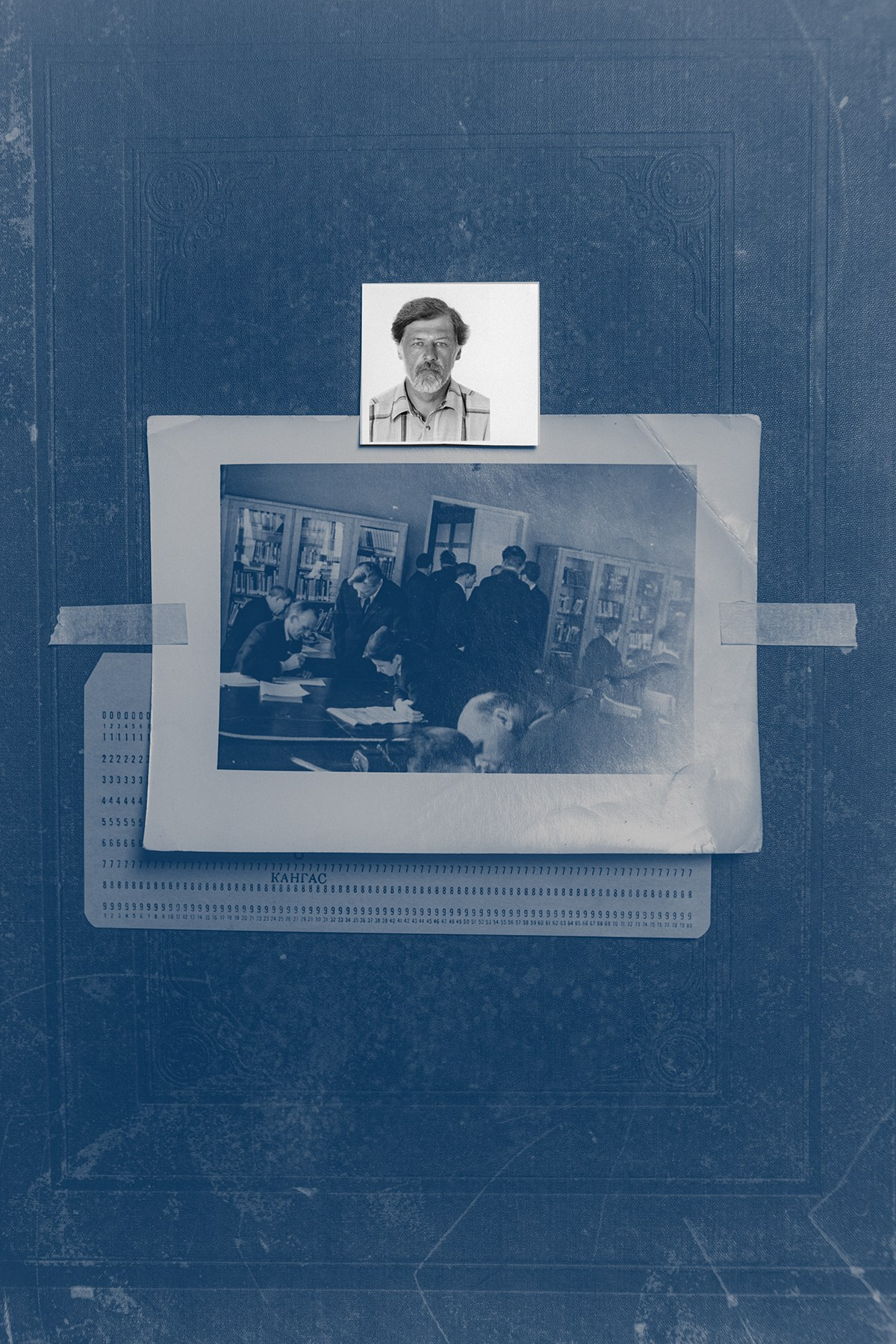
A Car, A Song, A Vanishing Man
A Car, A Song, A Vanishing Man is a project about love as the ultimate force shaping the way we perceive the past. What remains in memory when nothing else does?
Memory is fragile, deceptive, and selective — drawn to beauty rather than accuracy. What isn’t anchored in text or photography risks distortion, slipping into personal mythology. My father’s life, after his passing, became a story only I could tell, yet without a counterpart to calibrate it against. He kept no journals, disliked being photographed. What remains are a handful of images, rarely of him alone. As if, even in life, another’s gaze was required to confirm his presence.
Anton Soldatov writes that memory does not merely store our experiences—it edits them, presenting a curated version of reality. In an age where digital archives have replaced human recollection, private memory drifts further into interpretation and reconstruction. But what authority do I have over the only existing version of a person I once knew? When does memory stop being history and start becoming fiction?
This project is a reflection on memory—its erasures, its reconstructions, its ties to objects that outlive their owners. My father was quiet, quick to smile, a lover of science fiction and action films. He drove endlessly, and we mostly traveled in silence. The country I call home, I discovered through the window of his car. Pink Floyd played from the car stereo. I know so little about him, and yet I have invented so much.
Truth, I suspect, is overrated. Love is not.


















